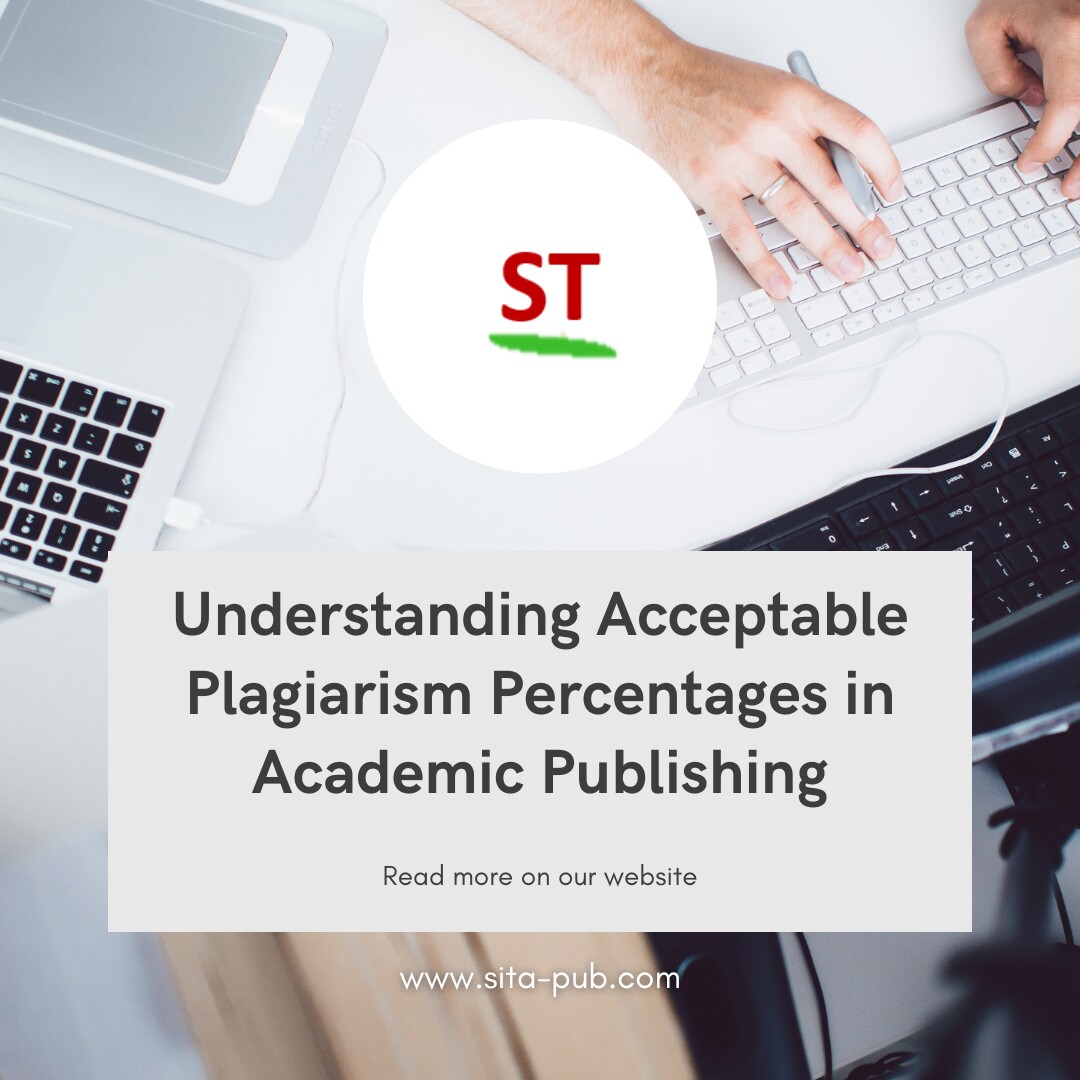Understanding Acceptable Plagiarism Percentages in Academic Publishing


Plagiarism is when you use someone else's work, ideas, or words without giving them credit, making it seem like they are your own. This is considered wrong and can lead to serious problems, such as losing grades, harming your reputation, or having your paper rejected. It is important to maintain academic integrity, which means being honest in your work. Knowing the acceptable plagiarism percentages helps you follow these standards in your academic writing.


For theses (long research papers for degrees), most schools say an acceptable plagiarism percentage is about 10-15%. Schools are strict about this because a thesis should show your original ideas. If your plagiarism percentage is too high, it could lead to rejection.
In research papers, a plagiarism percentage of 15-20% is usually acceptable. This allows some overlap with common phrases and cited sources, but most of the content should be your own ideas. Research papers often summarize previous studies, but it’s important to make sure your conclusions are original.
For conference papers, the acceptable plagiarism percentage is often lower, around 10-15%. This is important because conference papers should present new ideas to the academic community.
For other types of academic papers, like essays or reports, acceptable plagiarism percentages can range from 15-20%. However, this can change based on the rules of different schools or journals. Always check the guidelines specific to your field.

Proper Citation: Always give credit to the original authors by citing your sources correctly. Use the right citation styles (like APA, MLA, or Chicago). This helps you avoid plagiarism.
Effective Paraphrasing: Instead of copying text directly, rewrite the ideas in your own words while still giving credit to the original source. Good paraphrasing shows that you understand the material and helps you avoid plagiarism.
Use Quotation Marks: When you use someone else's exact words, put them in quotation marks and cite the source. This shows that the words are not your own and gives proper credit.
Maintain Detailed Notes: Keep clear notes during your research. Write down which ideas are yours and which come from other sources. This will help you avoid accidental plagiarism. A good note-taking system can help you stay organized.
Utilize Plagiarism Detection Tools: Before you submit your work, use plagiarism detection tools to check for potential issues. This can help you fix any problems before they are noticed. Many schools offer access to these tools, and they can help ensure your work is original.
By understanding acceptable plagiarism percentages and following these tips, you can make sure your academic work is honest and original. This not only helps you as a researcher but also supports the academic community as a whole.

If you're looking to enhance your writing and ensure its originality, we offer both paraphrasing and plagiarism checking services. Our team can help you rephrase your content for uniqueness while also checking for any potential plagiarism issues. Contact us today to maintain the integrity of your work and elevate your writing!
If you have any questions, inquiries, or would like to learn more about our services, please don't hesitate to reach out to us. Our dedicated team is ready to assist you.